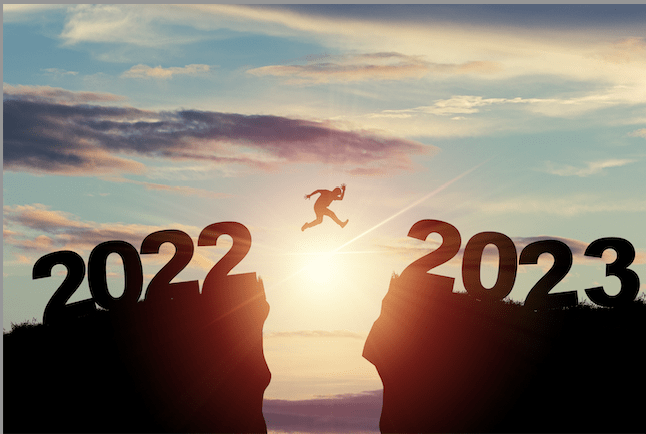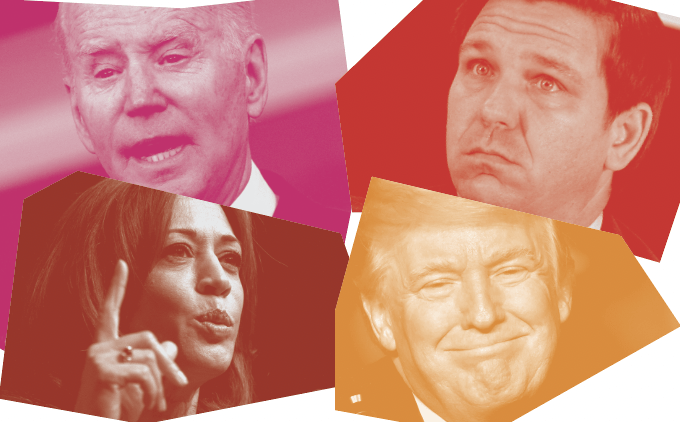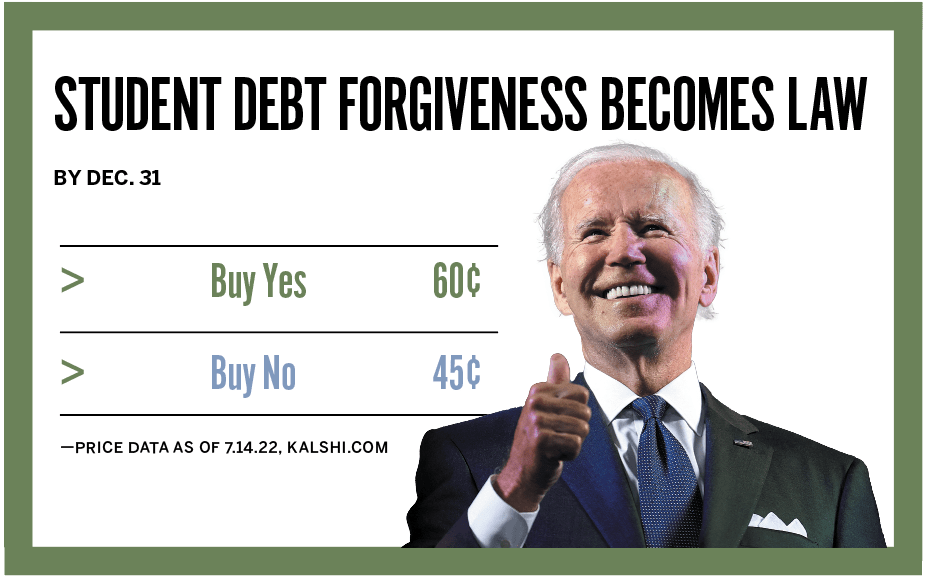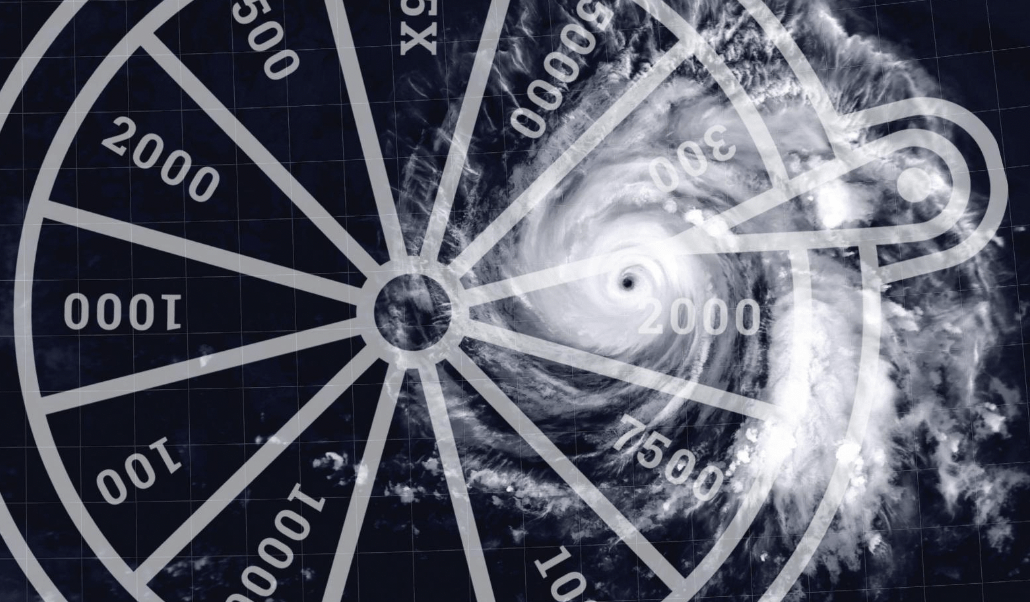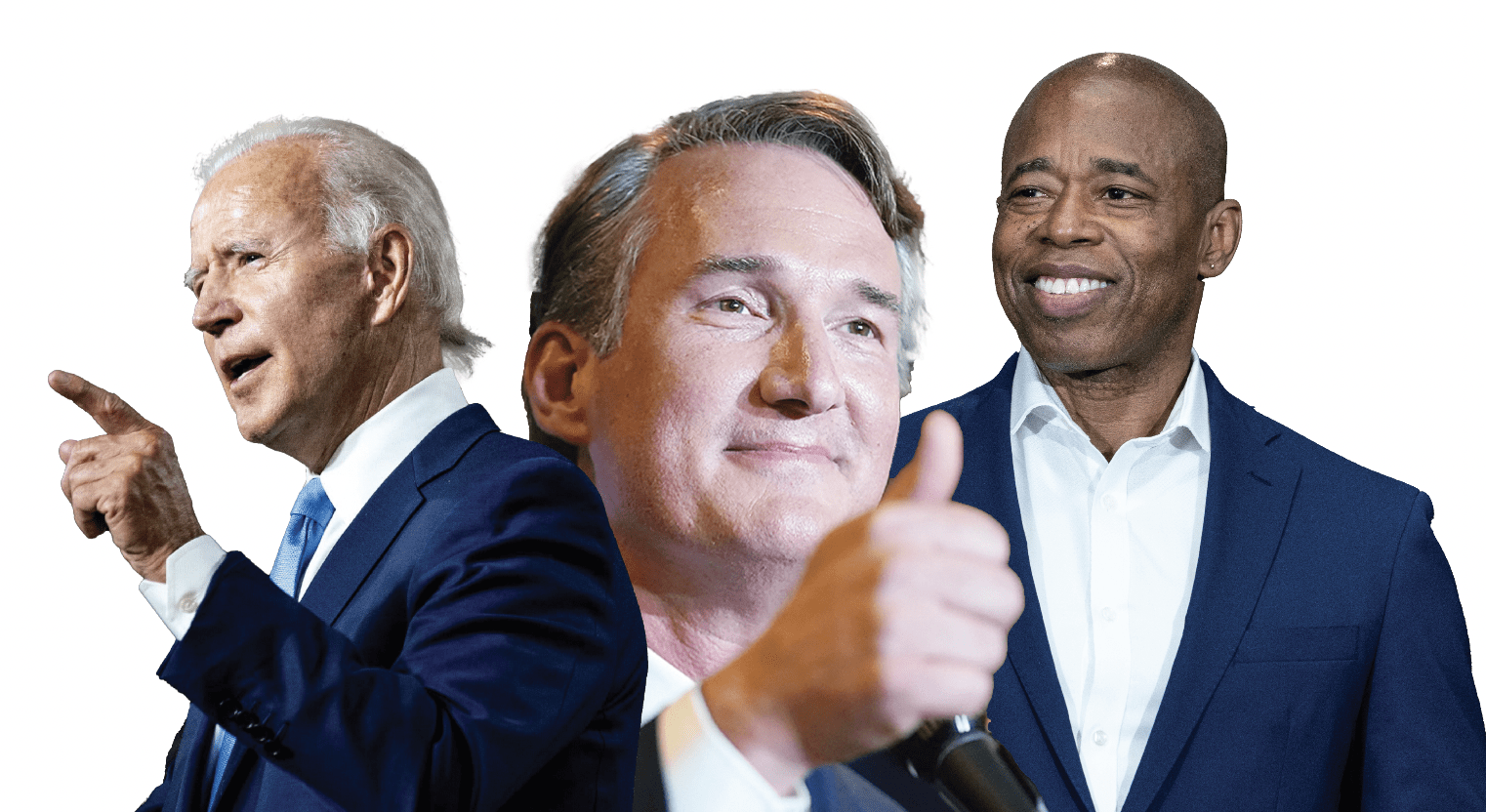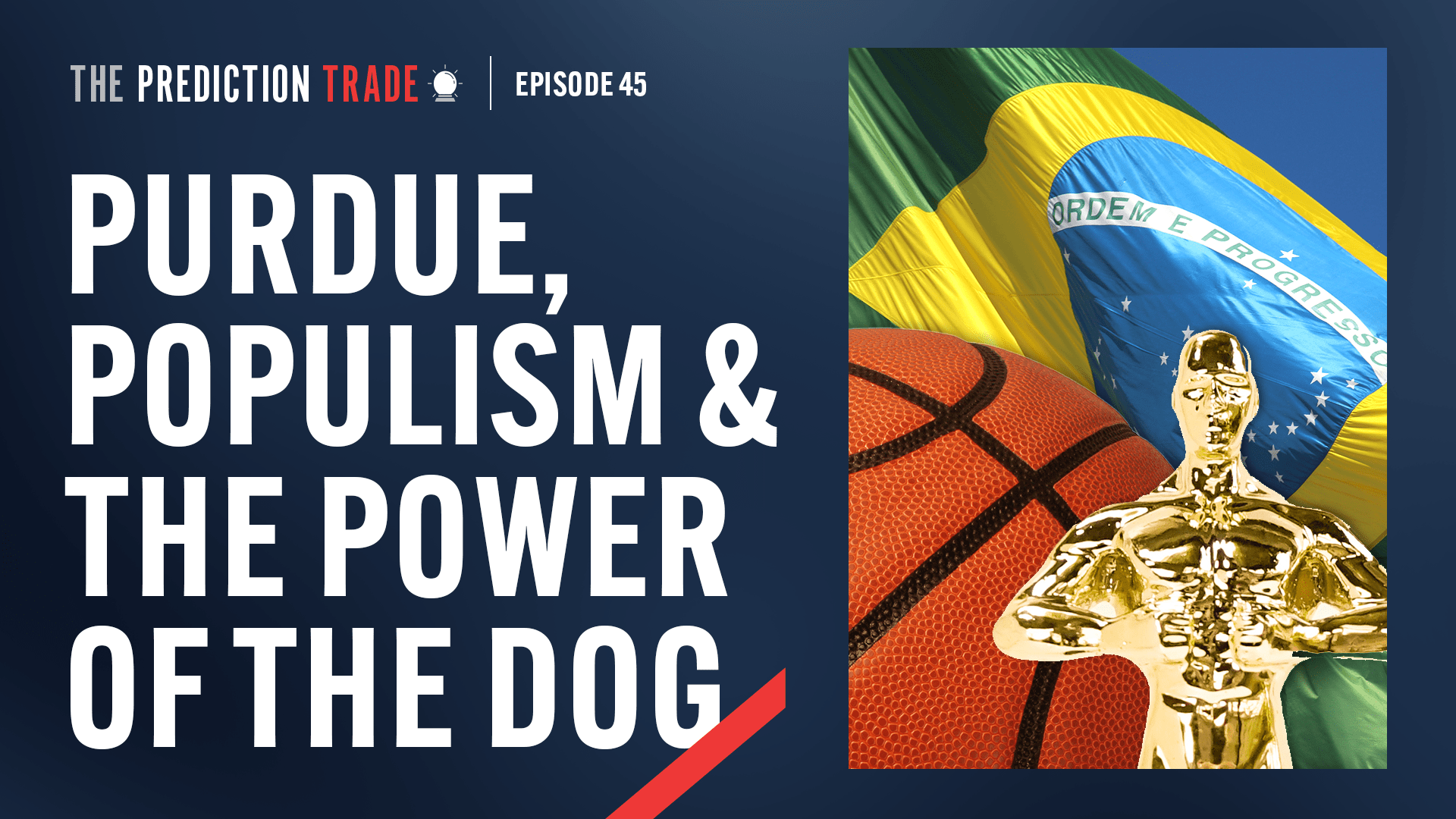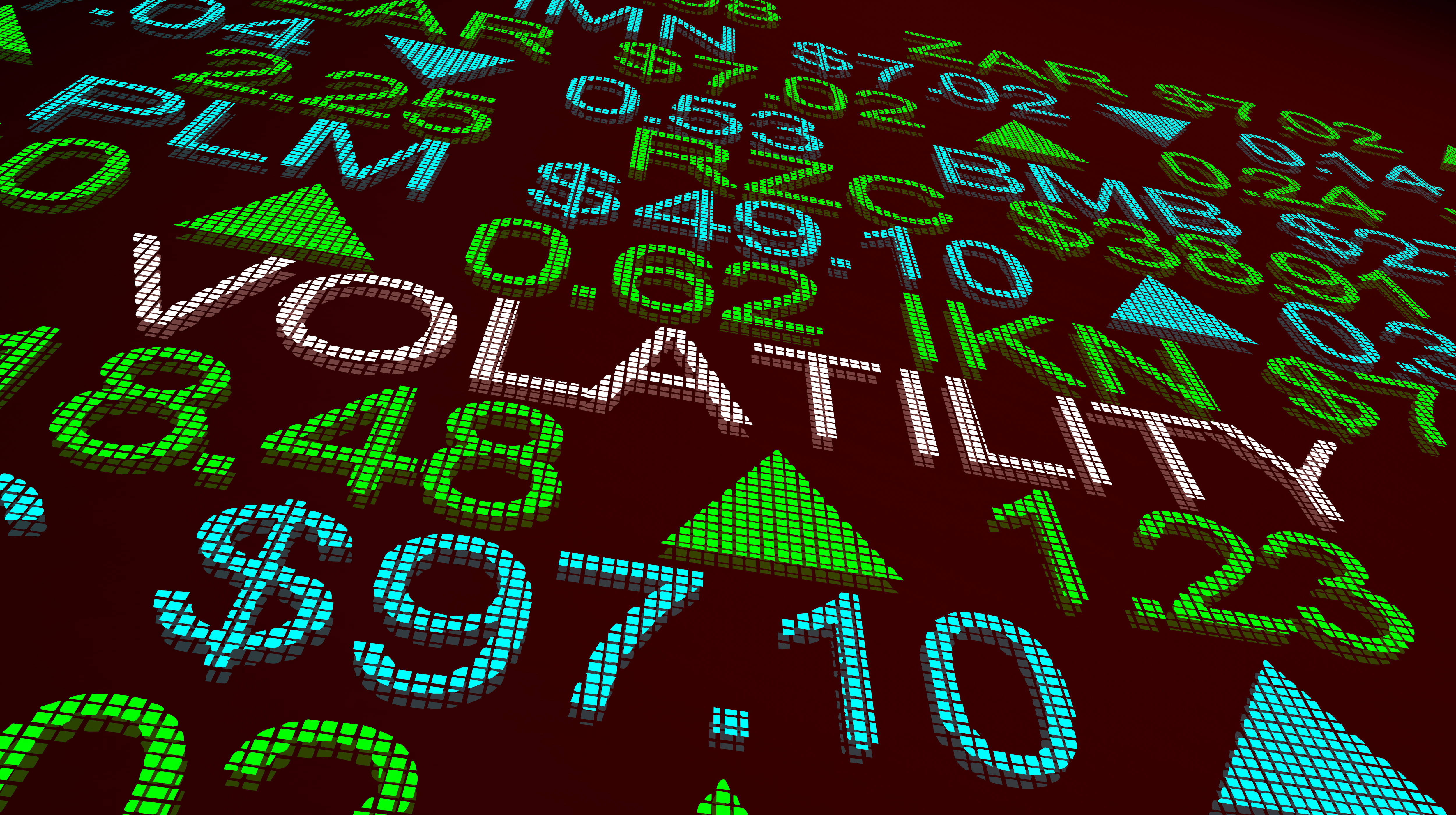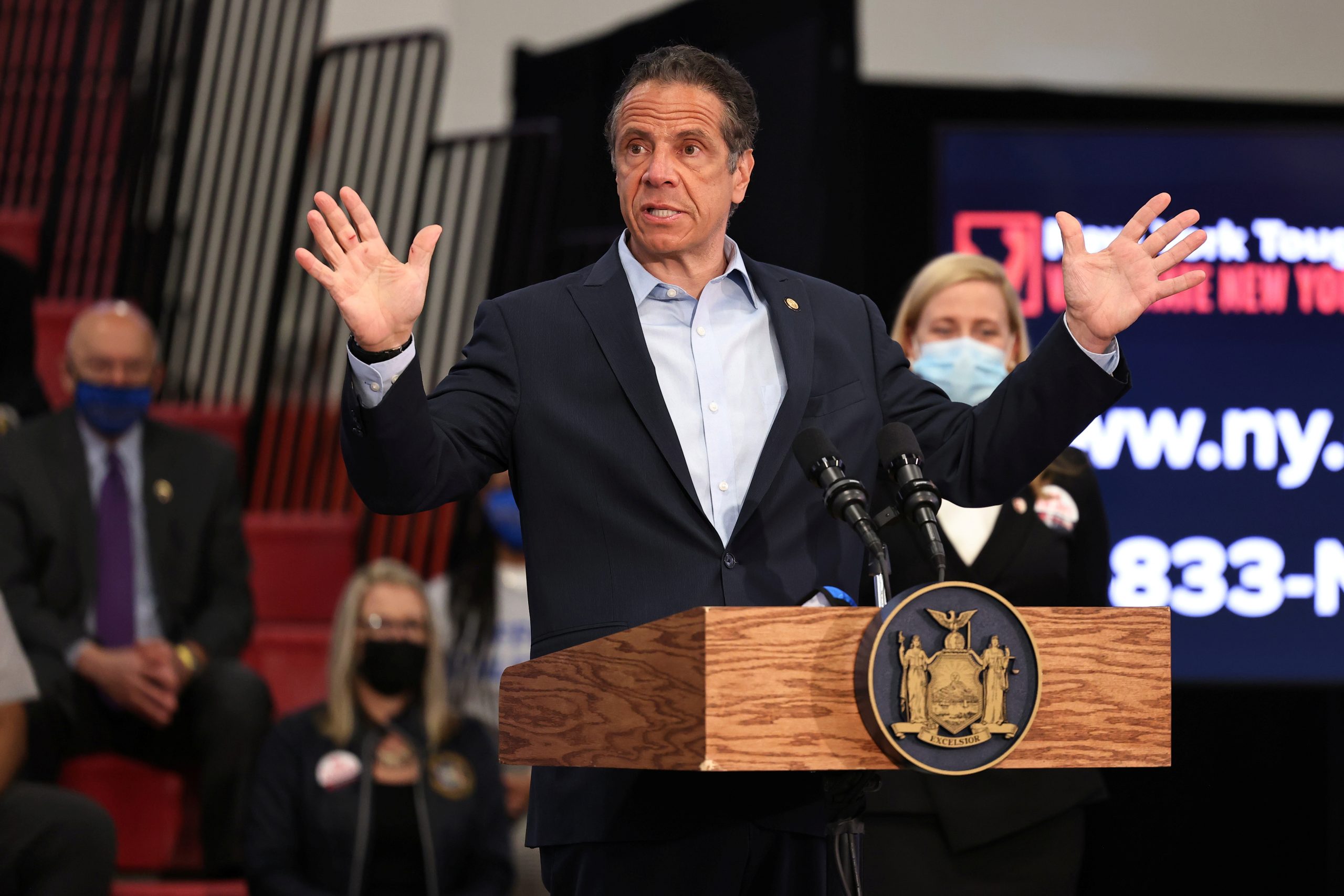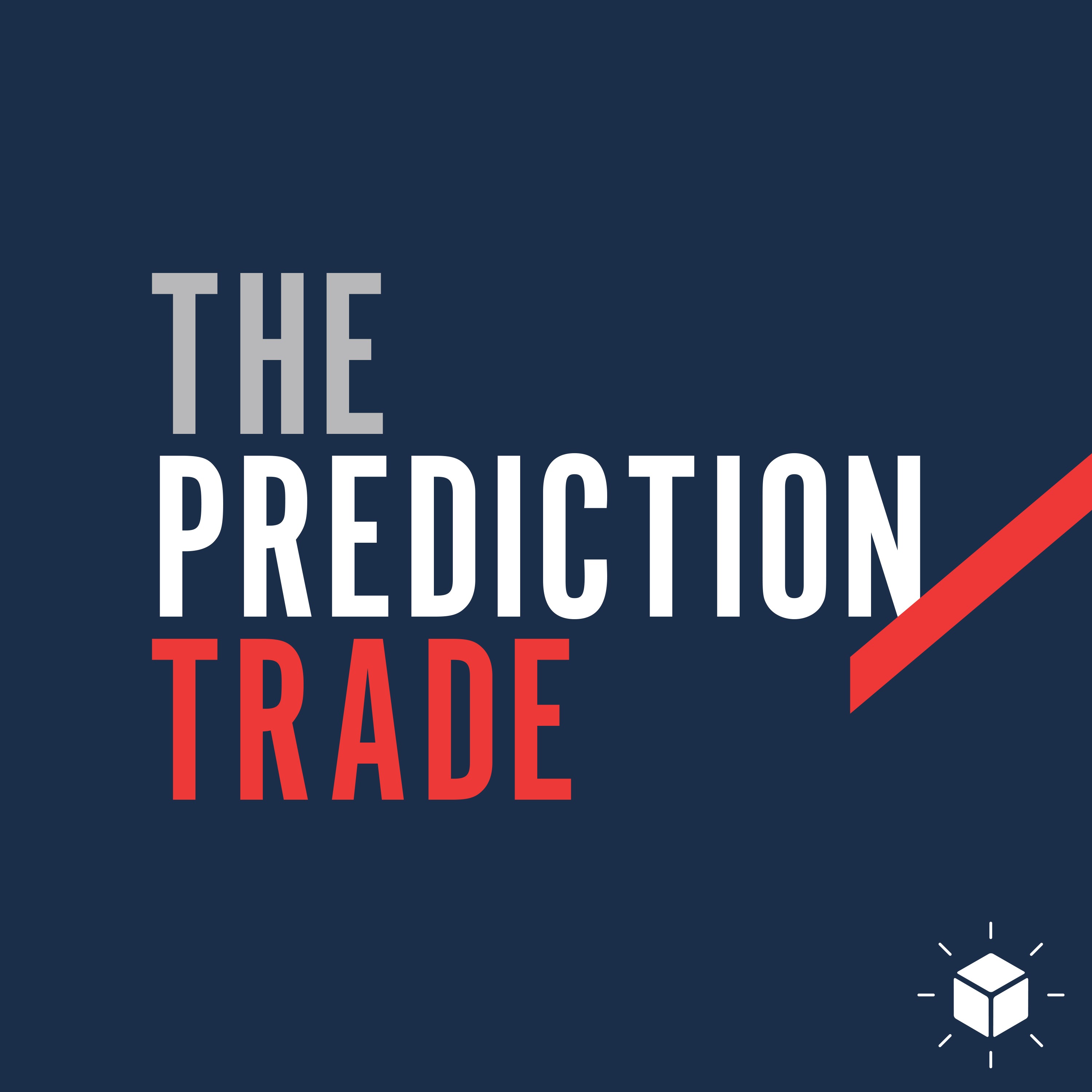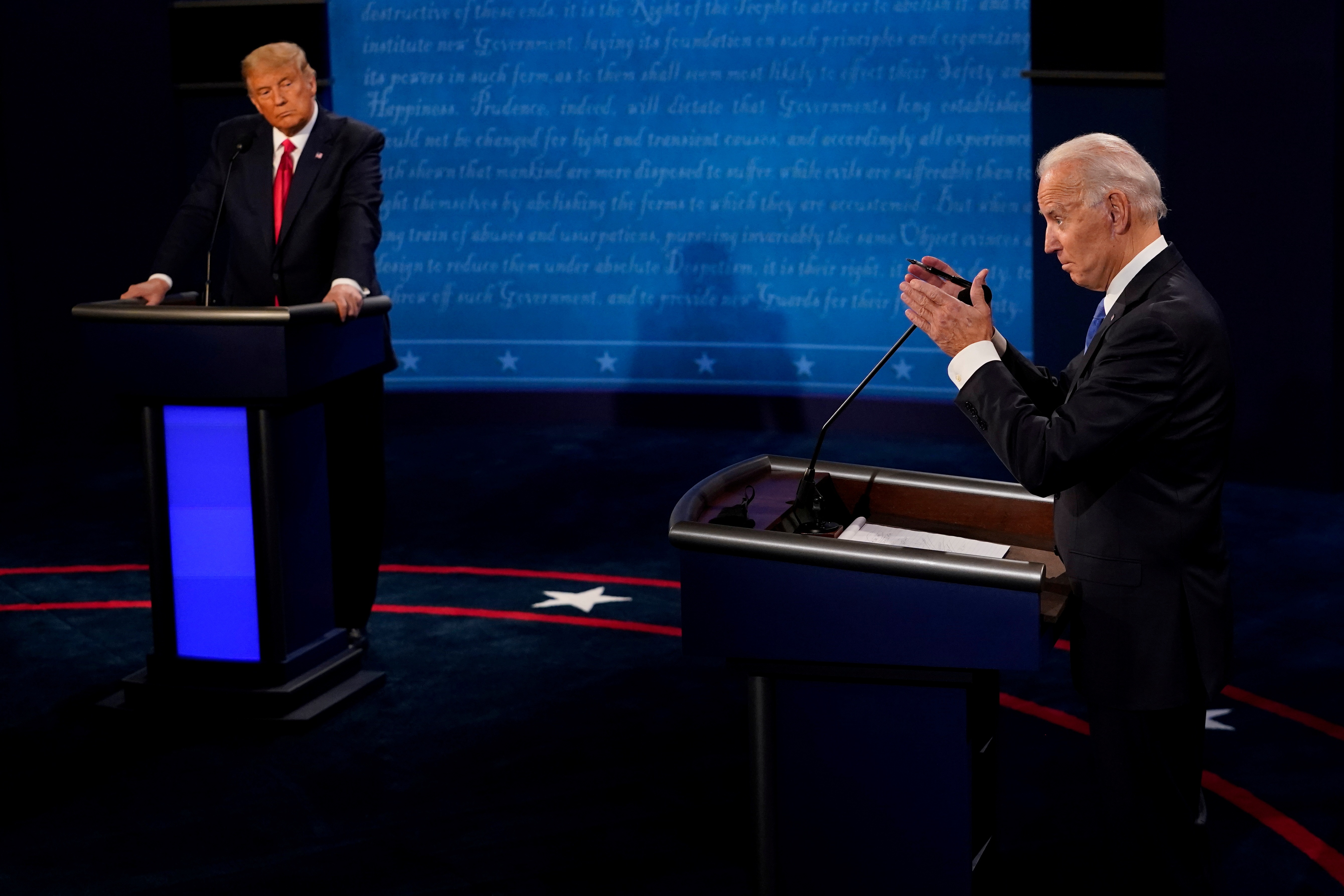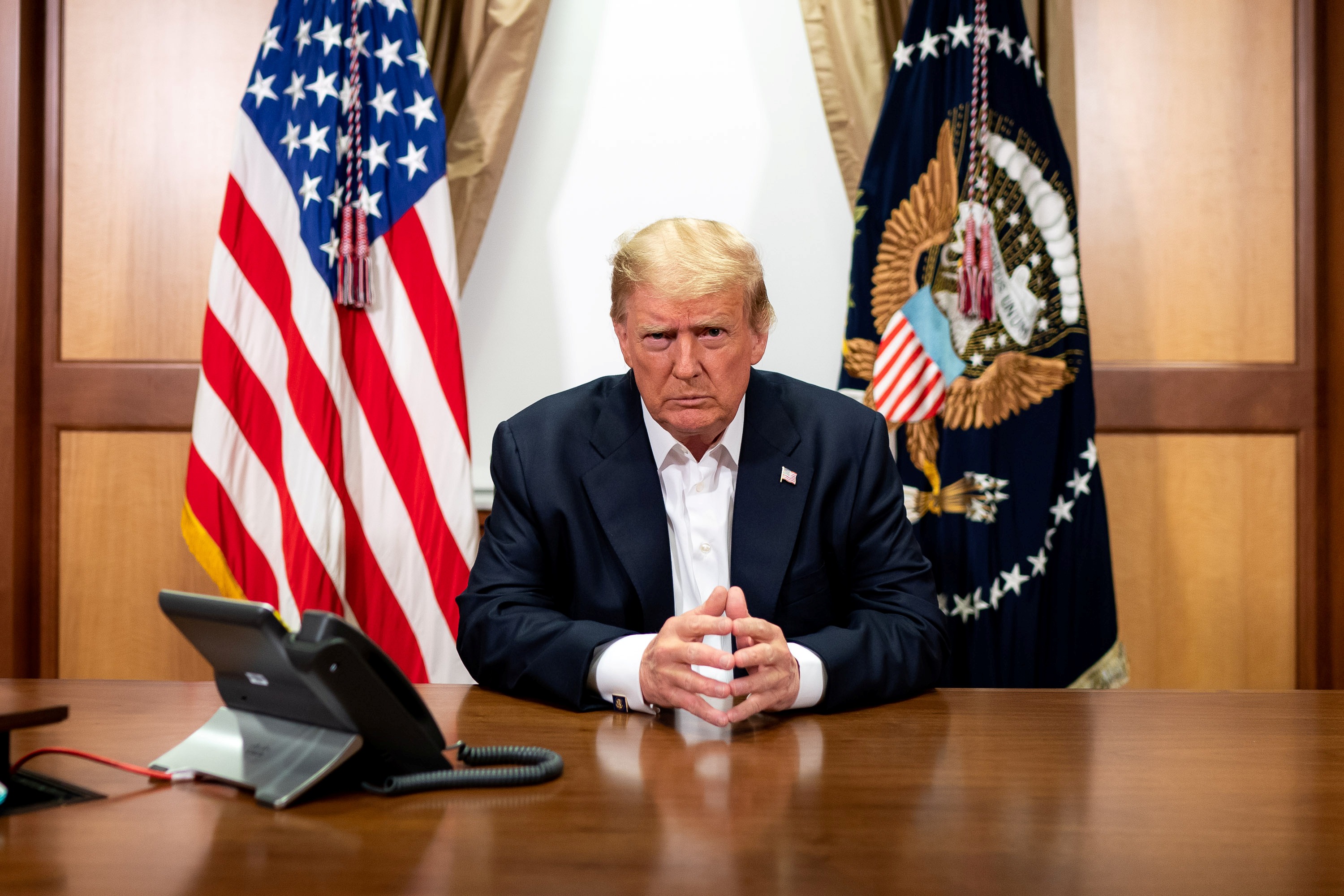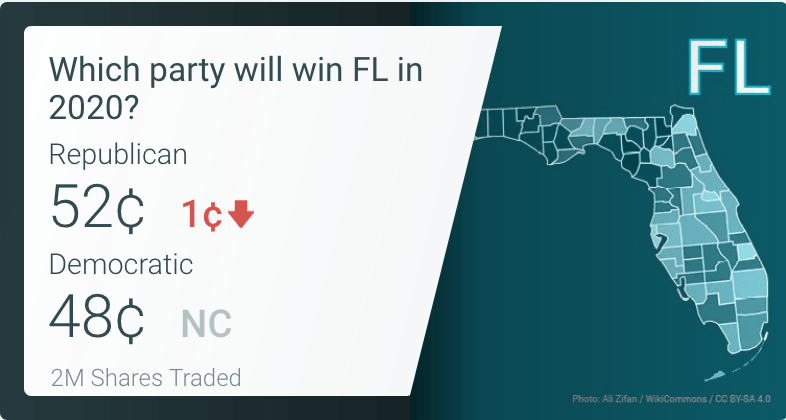Dylan Ratigan Is Certain About Joe Biden’s VP Pick
The most shallow, duplicitous, nefarious, hypocritical and sanctimonious candidate will get the gig, Ratigan says

Kamala Harris will be Joe Biden’s vice-presidential nominee, asserts former MSNBC host Dylan Ratigan.
“I’ve never been more confident of anything in my life,” Ratigan said during an appearance on prediction market-focused podcast The Political Trade. “Make sure you hold the recording.”
Co-host of the weekly show Truth or Skepticism with tastytrade co-CEO Tom Sosnoff, Ratigan appeared on The Political Trade to discuss potential trading opportunities on PredictIt.org’s political prediction markets, in which traders can wager real money forecasting the outcomes of various political events.
Harris, who at the time was trading for 54 cents a share on the site’s “Who will win the 2020 Democratic vice-presidential nomination?” market—representing a 54% forecasted probability by market constituents that she will secure the nomination—is currently trading at 51 cents a share.

Still, Ratigan, who also weighed in on whether Hillary Clinton or Michelle Obama would run for president in 2020, said his Democratic VP market pick was his highest-conviction prediction shared on the show.
“Whoever the person that is the most shallow, duplicitous, nefarious, hypocritical, sanctimonious, with the strongest celebrity potential, is always the person that gets the job.” He said. “So the fact that Kamala Harris is only trading at 54 cents leaves so much meat on the bone for somebody who is guaranteed to get that job.”
At press time, Harris remains PredictIt’s projected favorite for the position, with Val Demings trading at 16 cents, Elizabeth Warren and Susan Rice both trading at eight cents, and Tammy Duckworth, whom the Biden campaign is currently vetting, trading at five cents.

The New York Times bestselling author of Greedy Bastards’ appearance was split into two parts, the first of which delved into the state of American politics more generally, and the second focusing primarily on the prediction markets.
Both parts of his appearance can be heard here.
Below is a lightly edited excerpt from Dylan Ratigan’s appearance on The Political Trade.
Jeff Dylan, thank you so much for joining us.
Dylan Ratigan Hey, guys, thanks for all the lovely accolades and introductions. Nice to be with you.
Jeff How about that? Well, it’s nice to have you as well. You know, I don’t mind admitting, by the way, I spoke to Tom Sosnoff, co-CEO of tastytrade, just yesterday, just letting him know that we were looking forward to having you on. And he said, ‘Well, good luck keeping up with him. He’s one of the brightest people I know, with a photographic memory,’ and he had nothing but good things to say about you. So it’s great to have you on —we want to begin by actually revisiting that legendary viral moment on MSNBC. That goes back to August 2011. Can you set the stage for us? We know that your outrage was provoked by the government’s handling of the 2008 Financial Crisis, but maybe you can give us a little bit more backstory, and then follow up by asking you about what’s different today?
Dylan Ratigan Yeah, I mean, I was obviously much younger and vastly more naive at that time. And I was delusional of the belief that America— that there was anything remotely related to capitalism or fairness or all of the American mythology that everybody kind of knows is a fraud. It was something that I believed, I certainly believed more of, before the financial crisis. And then, obviously, when the financial crisis happened, and the largest theft and cover-up in the history of the world was completed before what they did this year. You know, I then abandoned my career at CNBC and began a career in political engagement through MSNBC every day for years. And then, layered on top of that, writing a book about the abundant number of solutions that exist in every facet of life and how zero, none of those solutions are ever cultivated because all of them are a threat to the single party combination that represents as two parties fraudulently, but the single party apparatus that controls all major policies in the United States, even though they like to entertain the masses with a game of ping pong. And so anyway, I was in the middle of completing the banking chapter of that book, and going in every morning after years of doing everything I was just describing, and then, when I got to the office that day, I think, because I was so deep in the weeds of the details of the financial system and how effective it is at removing wealth on behalf of those who control the policy, and then listening to the utter stupidity for however many years of people saying ‘But no, it’s the Democrats. I don’t like the way that they do whatever,’ I mean, the stupidity of the political conversation relative to the clarity that I had at the time as to the mechanism of wealth removal collectively caused me to lose my temper, which is unfortunate because I guess it’s good for internet popularity, but I’m quite sure that anybody losing their temper in that regard, and certainly me losing my temper in that regard, is productive or constructive.
Jeff Quite frankly, I’m not so sure of that because, if we’ve learned anything from the recent events around George Floyd, it’s that sometimes outrage and outlier events lead to change. So, I’m not so sure I agree with you. But let’s listen to it.
Dylan Ratigan MSNBC Clip Tens of trillions of dollars are being extracted from the United States of America. Democrats aren’t doing it, Republicans are not doing it, an entire integrated system—financial system, trading system, taxing system, that was created by both parties over a period of two decades is at work on our entire country right now. And we’re sitting here arguing about whether we should do the $4 trillion plan that kicks the can down the road for the president for 2017 or burn the place to the ground, both of which are reckless, irresponsible and stupid.
Jeff Well, you know, again, I’m not so sure that there’s nothing to be gained by that. And of course, you know, to me, I think of Howard Beale’s memorable moment from the 1976 film “Network,” you know, Peter Finch won an Oscar award for that role. And that was a rant that, if you were to listen to that recording, it’s just as relevant today as the words that you said back in 2011 on MSNBC. So I guess my question to you is what’s really changed? Maybe your perspective has, and I think you’ve kind of indicated that maybe your sentiment has changed a little bit, but what’s changed about what you identified back in 2011?
Dylan Ratigan I perceive the American political apparatus as an apparatus that is specifically designed and intended to control power and take money. It’s like the scorpion and the frog. I mean, there’s only so many times you can get mad at the scorpion.
Jeff That sets us up really well for one of the conversations I wanted to have with you. You have been outspoken about the two-party system, and we recently had a guest on—I don’t know if you know of Rachel Bitecofer, she’s now at the Niskanen Center. But she’s kind of earned her stripes as the election maven having really nailed the 2016 midterms. And her primary thesis is that there really aren’t American swing voters anymore, or not enough anyway to pick the next president. And it doesn’t really matter who the Democratic nominee is, and there’s no such thing as the center. Her primary thesis is that factionalism and hyper partisanship as a result of the two-party system has created this new reality where the swing voter just isn’t a relevant piece anymore. And of course, I would think that your observation of that would go back and blame the two-party system.
Dylan Ratigan I wouldn’t even blame the two party system. I don’t think there’s a government in the world that exists— it’s not unique to the United States. I think that my mistake was I perceived the United States government as being maybe somewhat different than some of the, you know, the government of Brazil or the government in Russia or the government in China, or the various forms of corruption that even exists in the various European governments, and in Brussels particularly. And so I just think that the amount of information that I have benefited from, from having more time and more experience, is one that understands that all political apparatus, all government, exists as a game for the enrichment and exertion of power by the group that controls it. And that something like democracy is really a propaganda or marketing scheme that’s used to sort of placate the masses that are being extracted. You know, Putin does it his way by absolute authority. China does it their way. Brazil does it their way. You know, America does it its way. But the point of government is to extract wealth and control power globally.
Jeff Are you still a critic of the two-party system and still advocating for more political parties?
Dylan Ratigan Sure, I mean, you could do whatever you like. I mean, I’m an advocate of ranked-choice voting as my primary sort of American reform, which would at least eliminate being forced to vote for someone, when really, you don’t want to vote for someone, you want to vote either for ‘none of the above’ or you want to be able to rank those people. I mean, the entire American campaign apparatus is based on the supposition that all you really need to do is— the reason Donald Trump is the president is not because Donald Trump was the greatest guy that ever ran for president .He and the people around him were very successful in identifying Hillary Clinton as more unappealing than Donald Trump. The biggest reason Donald Trump stands to lose this election is because he’s made himself so unappealing. And so, you know, sure, you could change it, but I don’t know that there’s any change, ultimately, I think that governments are designed to extract wealth and wield power. That’s why they exist. I think that there’s sort of this mythology. America has better propaganda because of the whole founding fathers and the Constitution, blah, blah, blah. So, it has good mythology. But functionally, there’s political or politically favored classes and individuals that receive vastly more resources and opportunities than politically less-favored classes and individuals, as it is in every country.
Jeff Now, that’s an evolution of sorts. That mythology was actually once an ideology that the framework was really founded on. Washington’s farewell address was often remembered for its warning against hyper partisanship. And then, of course, John Adams worried that the division of a republic into two great parties, which he considered to be the greatest political evil. And that’s basically what we’re seeing now. The framers at the outset thought that they were using advanced political theory at the time to prevent political parties from forming in this manner. But, you know, the result of this hyper partisanship is intensified gridlock. And more and more important decisions are left to the judiciary now to resolve, which makes the stakes of Supreme Court nominations so much higher, and why we’re seeing these kinds of fights now. I’m curious, have you advocated for third party candidates in the past?
Dylan Ratigan Yeah, I have. I mean, I would say that my basic, sort of complete view after leaving MSNBC was that the entire electoral system is designed to make sure that it doesn’t reflect voter sentiment while appearing to reflect voter sentiment. So like, the system is designed, whether it’s through gerrymandering, whether it’s through the campaign finance mechanism, or whether it’s through the binary voting system, to create the appearance of freedom of choice, while ensuring that there is no choice, which is really a hard thing to pull off, honestly. And largely, I think a lot of people have believed that. And so, my reform ideas going back 10 years have always been ranked-choice voting, first and foremost, because it completely flips the incentives for the candidates. And then these distributed election vouchers, but a mandatory spending of them so that everybody has to spend 200 bucks on political candidates, but the only way political candidates can get money is by collecting their piece of everybody’s 200 bucks, or 500 bucks, or whatever it is. And then redistricting and gerrymandering. I mean, even in these huge-wave elections that we have, we’re like ‘Oh my god, the Republicans or the Democrats,’ and the net change in the overall composition of the Congress is less than 10% in these massive, super catastrophic change elections, and that’s because of gerrymandering. So, from an electoral process standpoint, I would point to gerrymandering, campaign finance through distributed finance, and then the ranked-choice voting, but I suspect it doesn’t matter. Ultimately, I think that it’s just a matter of whether the people who are wielding the power and extracting the resources are people who look like you and that you like, or that don’t look like you and you don’t like. I mean, one of my favorite insights was that people were really concerned about the executive authority to use drones when George W. Bush was president because they didn’t like George W. Bush and the idea of a president being able to unilaterally drone people. But then, when Barack Obama became president, the same exact people were very happy that Barack Obama had unilateral authority to drone whoever he wanted because they liked him.
Jeff Well, that’s one of the things I appreciate about you is your equal opportunity cynicism.
Dylan Ratigan I don’t believe it’s cynicism. I think that when you say cynicism, you’re trying to— I feel that, probably not consciously, but that’s an effort to marginalize my— I believe that I could defend what I’m saying in that realm of reality.
Jeff Absolutely. I think that’s a good point.
Dylan Ratigan And “cynicism” is a way to sort of prop up the— I would revert it and say “illusion,” more than anything in life, is a sieve, and I was guilty of the illusion that the American government was anything other than— I believe that I’m in a much more realistic place now as to what, not only the American government is, but what all government is, and also the fact that there’s such an opportunity to work with humans to do so many amazing things creatively in finance and in business and in enterprise and in art, dance, language. Most of the world is a beautiful place. The global political environment specifically is one of the darkest and most disgusting locations in the world.
Jeff Well, to your point about the use of the word “cynicism,” I would reassess that as “calling balls and strikes.” I think that’s one of the reasons why I find you to be such an important commentator—and credible—because you seem to be equal opportunity in calling balls and strikes. And the example I was going to cite was recently, I heard you and Tom speaking about the Capitol Hill press op announcing new police reform legislation that followed George Floyd where you had the spectacle of Schumer and Pelosi and Kamala Harris and Hoyer and others donning the Kente cloth, the ceremonial pride of Ghana; that kind of cultural appropriation of that traditional African textile being used as a political prop, and you properly called it out, as it should be.
Dylan Ratigan Yeah, I mean, I don’t know, I understand the cognitive dissonance because the teaching of the American mythology is so deeply ingrained in our culture. So I understand it’s sometimes a difficult conversation for people.
Listen to the full episodes here to catch all of Ratigan’s insights and other episodes of The Political Trade.

